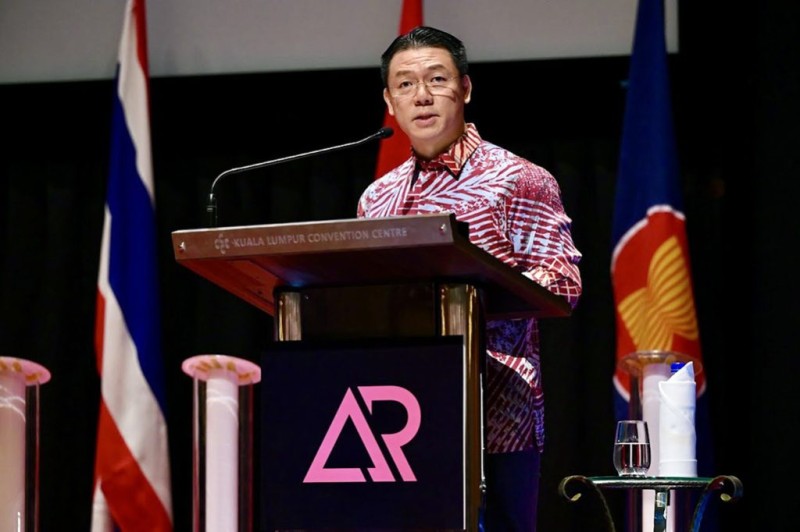
MALAYSIA is poised to revolutionise its housing development regulation and management through the Housing Integrated Management System (HIMS).
Housing and Local Government Minister Nga Kor Ming said this digital system has significantly streamlined the process of issuing developers’ licences and advertising permits, making the entire procedure more efficient and transparent.
At the ASEAN-China Ministerial Roundtable on Construction and Housing (ACMROCH) 2024 on July 3, Nga highlighted Malaysia’s initiative to incorporate Big Data Analytics into housing development.
This advanced technology aims to inform data-driven policies, enhancing planning and development within the housing sector.
The ACMROCH 2024, themed “Building Sustainable Futures: Deepening ASEAN-China Cooperation in Housing and Urban Development for Shared Prosperity”, focuses on strengthening cooperation in housing and urban development, advancing sustainable construction technologies and creating climate-resilient cities.
Nga reiterated that providing adequate and affordable housing remains a top priority for his ministry.
Under the 12th Malaysia Plan (12MP), the government aims to construct 500,000 affordable housing units, with 57.8% of this target already achieved.
He also noted that the Housing and Local Government Ministry (KPKT) has completed 101,516 affordable housing units for the lower-income group and the 2024 budget includes 19 new People’s Housing Programme (PPR) projects, expected to provide 6,006 units benefiting approximately 24,000 low-income households.
In addressing the nation’s housing needs, Nga introduced the People’s Residential Programme (PRR), a new public housing model focused on creating integrated, sustainable and liveable communities.
This initiative will feature green spaces, community centres and commercial areas, offering residents a holistic living environment.
“The PRR is designed not only to provide homes but also to foster communities where residents can live, work and play.
“It will incorporate green initiatives to support our commitment to energy transition and reducing carbon emissions,” he added.
Furthermore, Nga emphasised that the PRR aims to meet international standards, drawing inspiration from Singapore’s Housing and Development Board (HDB), Korean models and other developed nations.
“After my announcement in the Parliament last year, many state governments have offered us free land,” he said.
Previously, PPR projects involved state governments selling land to the KPKT, consuming 35% of the allocated budget for land acquisition alone.
This practice left limited funds for construction, resulting in a cycle of low-quality housing.
The ministry has now received 32 land offers from states willing to support the PRR initiative.
Source: https://themalaysianreserve.com/2024/07/04/malaysia-embraces-big-data-for-housing-development/

